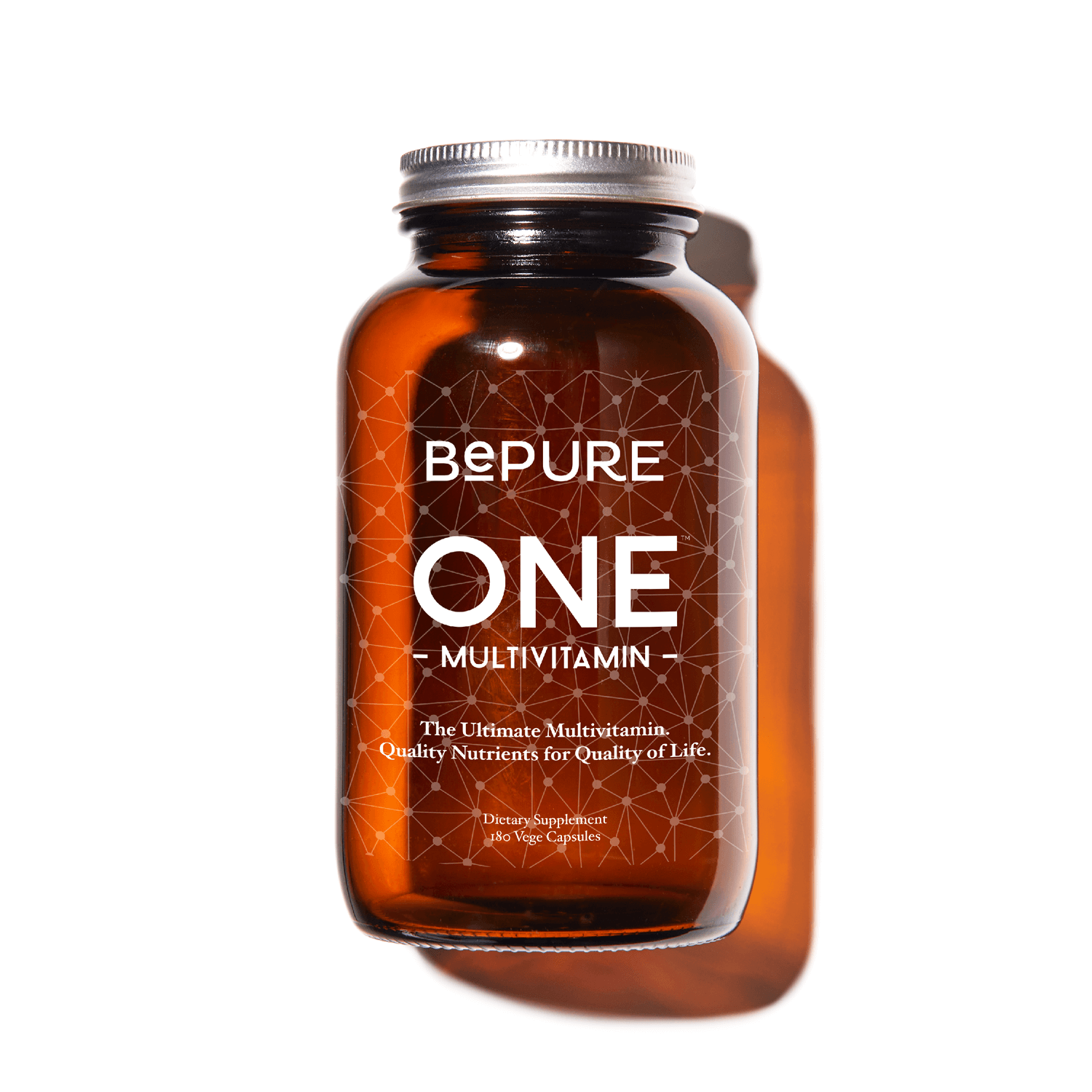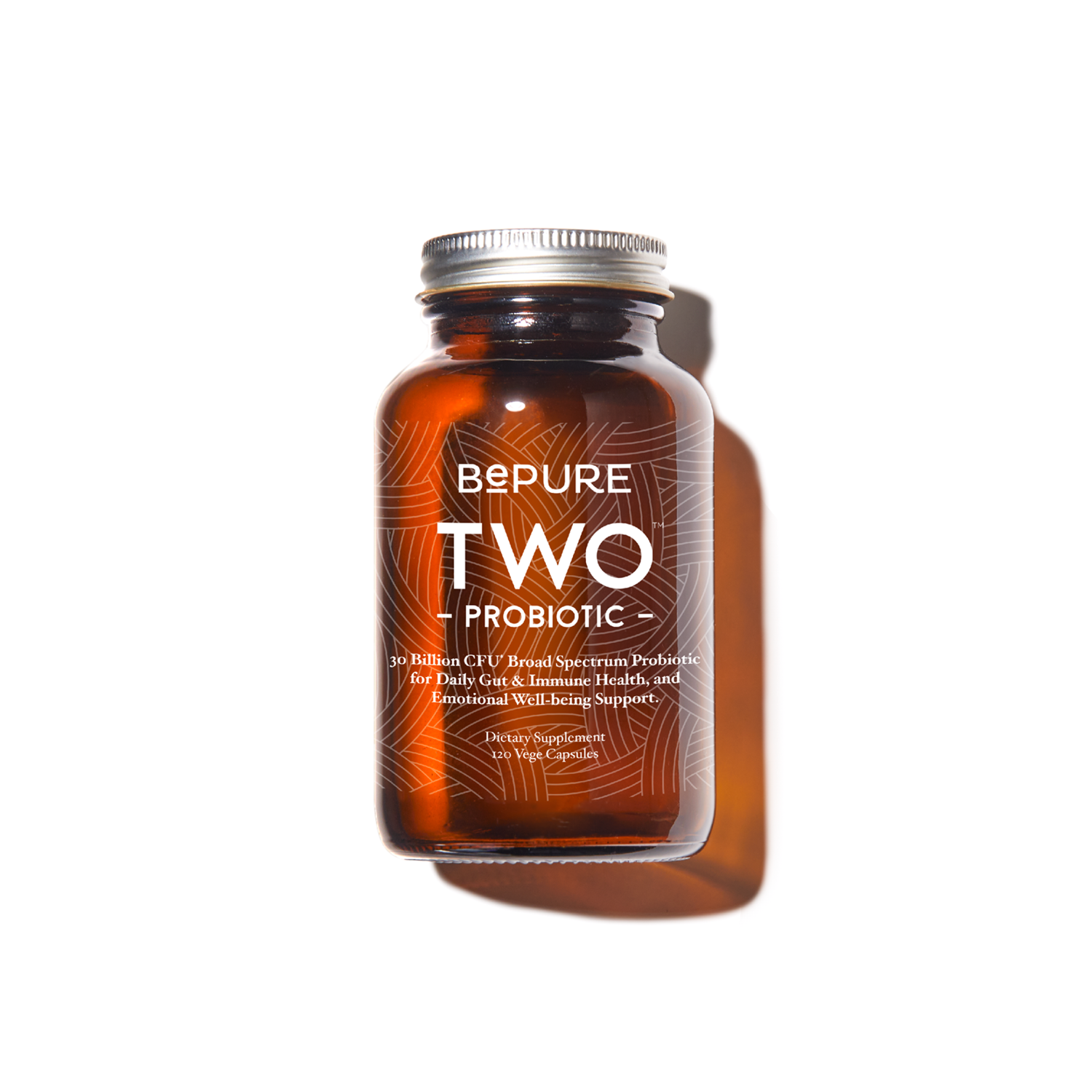In the instagram era of fasting, keto diets and ‘girl dinner,’ the quest for a genuinely wholesome and nutritious meal can seem like an uphill battle.
Let’s take things back to basics and build a healthy, well-balanced dinner plate to support great sleep, all-day energy and healthy hormone balance.
1. A source of quality protein
Quality protein is key for healthy bodies and many of us aren’t getting enough of it. Along with keeping us full, satiated and energised after meals, protein influences numerous processes in the body and can impact hormone balance, sleep quality, moods, immunity, and even detoxification.
Regardless of whether you get your protein from plants or animals, research suggests that adult bodies need at least 1.2 g per kg of body weight at rest, and more like 1.6g when exercising and up to 2.2kg for athletes.
Some of our favourite protein options include:
2-3 free range eggs;
Free range chicken;
Grass-fed steak or mince;
Salmon or other fresh fish;
A high-quality natural protein powder;
Nuts & seeds;
Natural greek yoghurt (if you tolerate dairy well)
2. A serving of healthy fat
For a while, fat was the most misunderstood macronutrient of all. For years we were told that fat free = healthy, and that cholesterol and saturated fats were bad. Thankfully for our health and hormones, science has shown the error of our ways and now demonising dietary fats is so 2005.
Healthy fats are our friends, contain a range of key fat-soluble vitamins, such as A, D, E, and K, and providing satiating, slow burning energy to complement the energy from carbohydrates and keep blood sugar stable.
Great sources of the right kind of fat include:
Avocados;
Nuts & seeds;
Eggs;
Coconut yoghurt;
Cold pressed oils such as extra virgin olive, avocado and coconut;
Fatty fish such as salmon and sardines.
Where possible, avoid canola, rice bran and vegetable oils.
3. The right kind of carbs
While some women with insulin-resistant hormone imbalances such as PCOS might do well on lower carbohydrate diet, many women find they simply need carbs to feel balanced, energised and healthy.
Research suggests that non-inflammatory starches such as rice, potato, pumpkin and kumara are actually calming on our nervous systems; and can support the cortisol and stress response, and restful sleep.
Eaten alongside a source of both protein and fat, gentle carbohydrates promote stable blood sugar, energy and mood. Win, win, win.
4. Some kind of greens
Leafy greens such as spinach, kale, watercress, silverbeet and micro greens are amongst the most nutrient-dense foods on the planet. Nowhere else can you find calcium, magnesium, iron, potassium, phosphorus, and zinc, as well as vitamins A, C, E and K in a tasty, ready-to-eat package.
Our bodies need these key nutrients to do pretty much everything; like make energy, create hormones, rejuvenate our cells and detoxify anything it no longer needs.
Whether you like your greens in a smoothie, salad, slaw, stir fried, steamed or otherwise - it’s all good, just find what works for you.
5. Foods you love
Food is fuel and nourishment; but it’s also a whole lot more than that. It's a pleasure, an experience, a comfort and often a social occasion too.
Eating well and fuelling your body with nutrient dense wholefoods shouldn’t also mean feeling restricted, deprived or as though you’re missing out. What’s most important is finding a way of eating that’s sustainable, and usually that means finding the sweet spot between feeding your body and your soul.
Let’s face it, even stressing about food is still a form of stress, which you probably don’t need any more of in our modern, fast-paced lives. Nutrition isn’t all or nothing; something is always better than nothing. Do the best that you can, when you can, and try not to get caught up in the details.



